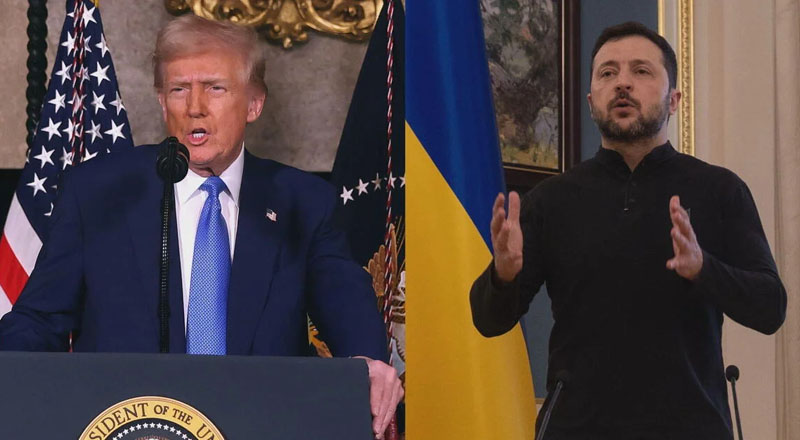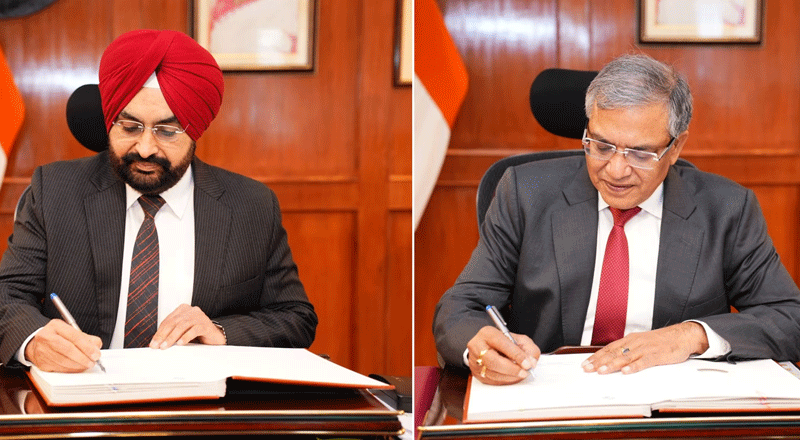A History of Controversial Remarks
Congress leader Sam Pitroda has once again sparked controversy with his remarks on India-China relations, suggesting that India should collaborate rather than confront China. This statement has drawn sharp criticism, particularly from the ruling Bharatiya Janata Party (BJP), which accuses Congress of being soft on China.
This is not the first time Pitroda’s comments have caused an uproar. Over the years, he has made several statements that have led to political backlash. Whether it was his remarks on the 1984 anti-Sikh riots or his stance on national security, his words have often put Congress on the defensive. His latest statement, coming amid ongoing tensions between India and China, has reignited a fierce debate over India’s foreign policy approach.
Pitroda’s Statement: A Call for Collaboration Over Confrontation
Speaking on Monday, Pitroda, who serves as the Chairman of the Indian Overseas Congress, questioned India’s approach toward China, suggesting that the country has been unnecessarily confrontational from the beginning.
“I don’t understand the threat from China. I think this issue is often blown out of proportion because the US has a tendency to define an enemy. I believe the time has come for all nations to collaborate, not confront. Our approach has been confrontational from the very beginning, and this attitude creates enemies. We need to change this mindset and stop assuming that China is the enemy from day one,” Pitroda stated.
His remarks have drawn criticism, particularly as India has faced repeated border skirmishes with China, most notably the violent Galwan Valley clash in 2020.
BJP’s Strong Rebuttal and Accusations of Congress-China Collusion
The BJP was quick to condemn Pitroda’s remarks, accusing Congress of maintaining a pro-China stance. BJP spokesperson Pradeep Bhandari referenced a 2008 Memorandum of Understanding (MoU) signed between the Congress Party and China’s Communist Party, claiming that the Congress leadership has consistently worked in alignment with China’s interests.
The BJP further linked Pitroda’s comments to previous statements by Congress leaders that questioned India’s military and diplomatic response to Chinese aggression.
Trump’s Comments on China and US Mediation Offer
Pitroda’s remarks coincided with US President Donald Trump’s statement on China’s aggressive stance against India. While speaking at a press conference alongside Prime Minister Narendra Modi, Trump acknowledged the ongoing border tensions between India and China, describing them as “quite violent.” “If I could be of help, I’d love to help, because that should be stopped. That’s been going on for a long time, and it’s quite violent,” Trump had said, indirectly offering mediation between India and China.
Rahul Gandhi’s Long-Standing Criticism of Modi’s China Policy
Congress leader Rahul Gandhi has repeatedly accused the Modi government of failing to address the China threat adequately. He has claimed that the government has allowed China to occupy Indian territory while misleading the public about the situation.
His stance aligns with the broader Congress narrative that the government has not been transparent about border issues and is not doing enough to counter Chinese aggression.
India’s Shift in China Policy Since Ladakh Standoff
Despite Pitroda’s call for collaboration, India’s China policy has undergone a fundamental shift since the 2020 Ladakh standoff. The Modi government has taken several measures to push back against Chinese influence, including:
- Strengthening security and infrastructure along the border.
- Restricting Chinese investments in Indian companies.
- Promoting domestic manufacturing through the Production-Linked Incentive (PLI) schemes.
- Strengthening military and diplomatic ties with the US and other allies in the Indo-Pacific region.
- Enhancing engagement with developing nations to counter China’s outreach through initiatives like the Belt and Road Initiative (BRI).
India has maintained that peace and stability at the border are essential for any meaningful engagement with China.
Congress Distances Itself from Pitroda’s Remarks
Amid the controversy, the Congress Party was quick to clarify that Pitroda’s comments do not represent the party’s official position. Congress communications in-charge Jairam Ramesh reiterated that China remains India’s biggest foreign policy and security challenge.
Congress’ response highlights an internal divide between senior leaders and official party positions, as the party has previously been vocal about the Modi government’s handling of China-related issues.
A Political Firestorm Over Foreign Policy
Sam Pitroda’s remarks have once again put Congress in a difficult position, reigniting debates over the party’s stance on China. While Pitroda argues for a diplomatic approach, the BJP sees this as evidence of Congress’ alleged softness towards a hostile neighbor.
The timing of these remarks is particularly significant as India continues to counter Chinese aggression on multiple fronts. With both parties using this controversy to reinforce their political narratives, the issue of India-China relations is likely to remain a key topic in the country’s political discourse.
As Congress distances itself from Pitroda’s statement, the broader question remains: What should be India’s long-term approach toward China? Should it seek collaboration, as Pitroda suggests, or continue its assertive pushback against Chinese influence? The debate is far from over.
(With inputs from agencies)





